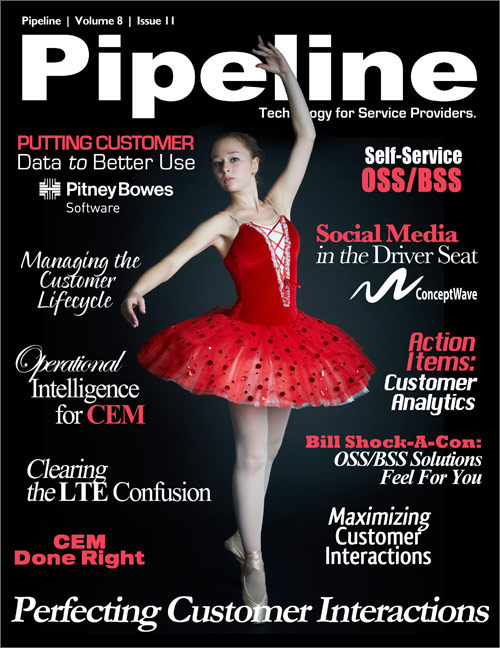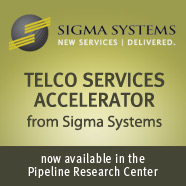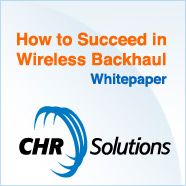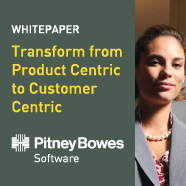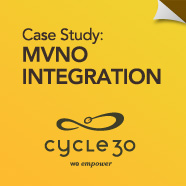
The Race for FreeMAX
Lightsquared customers are beginning to jump from the FCC-stalled network, not the least of which is Sprint, who (as I predicted in early March) formally severed relations with Lightsquared on March 16. While Sprint's LTE network strategy is now seriously in question (some analysts are even claiming bankruptcy may be on the horizon), some Lightsquared defectors have found a new home with 4G wholesaler Clearwire, moves that are leading to some interesting business models.
First, NetZero rose from the ashes of obscurity with the same pitch that made it a household name in the 90s: free internet—but this time it's wireless, and it's fast. NetZero moved its network business from Lightsquared to Clearwire, and announced a duo of WiMAX-driven 4G devices along with a free data plan. Customers can ride NetZero WiMAX for free for up to a year, albeit with a rather small monthly data cap (200mb). Still, this represents an annual savings of over $175 compared to AT&T's lowest mobile data tier (which is 250mb monthly).
Then FreedomPop popped up with details of its disruptive free wireless service. Recall FreedomPop, a business driven by Skype co-founder Niklas Zennstrom, made headlines in December of last year with a "free wireless service," but then faded away and no further details were released. Well, we can thank the FCC for that, as Lightsquared was supposed to deliver the mobile data for FreedomPop. Users will connect to FreedomPop's WiMAX 4G network through a USB-dongle, a hotspot, or a customized iPhone case (really—check it out) and be granted free access and 1GB of free bandwidth per month. After tapping out the free data supply, users will be charged $10 per GB for additional data.

 This number is highly significant, because $10 per GB of mobile data is a tipping point, explained Don Bowman, Founder and CTO of Sandvine. We recently spoke in Barcelona at Mobile World Congress, and he outlined the competitive landscape that operators face once mobile data can be delivered cheaply by wholesalers. "The threshold is around $10 per GB," he said, and "it will be enabled by Clearwire," he predicted. "This will quickly commoditize the market, and the value of the incumbent operators' brands will dilute."
This number is highly significant, because $10 per GB of mobile data is a tipping point, explained Don Bowman, Founder and CTO of Sandvine. We recently spoke in Barcelona at Mobile World Congress, and he outlined the competitive landscape that operators face once mobile data can be delivered cheaply by wholesalers. "The threshold is around $10 per GB," he said, and "it will be enabled by Clearwire," he predicted. "This will quickly commoditize the market, and the value of the incumbent operators' brands will dilute."
Right now, the underlying cost for an operator to deliver 1GB of mobile data through a pure-play wholesale model is between $6 and $10, explained Bowman. This probably means FreedomPop is losing money on the free front-end, but will supplant these losses with upsell options, similar to other freemium services.
"We call ourselves a Webco versus a telco," FreedomPop Marketing VP Tony Miller was quoted in AllThingsD. "We're trying to build something more interesting."
It certainly is interesting—what is the telco of the future? Or is the word itself destined to be a relic of vernacular past?
Mutton Bustin' with CHR Solutions
This month, Pipeline had an opportunity to visit CHR Solutions and some of their customers at their headquarters in Houston, Texas for their 2012 User Meeting & Strategic Summit, "Beyond the Horizon." The event featured three days of rich sessions from prominent keynote speakers such as Shirley Bloomfield, CEO of NTCA and Bruce Churchill of Microsoft; NOC tours of prominent local customers, about 20 exhibits for partners and affiliates, and a full-blown rodeo. Yes, a rodeo.
The level of interactions, substance, and overall energy was a pleasant surprise. The sessions were stimulating, conversations thought-provoking, and CHR was a magnanimous host. Some consistent themes facing CSPs drifted to the top of discussion, such as how changes in regulatory support is impacting rural telcos, contending with new cloud revenue opportunities, and how to monetize new services with integrated OSS and BSS systems. Look for coverage of these and other topics in upcoming issues of Pipeline.
